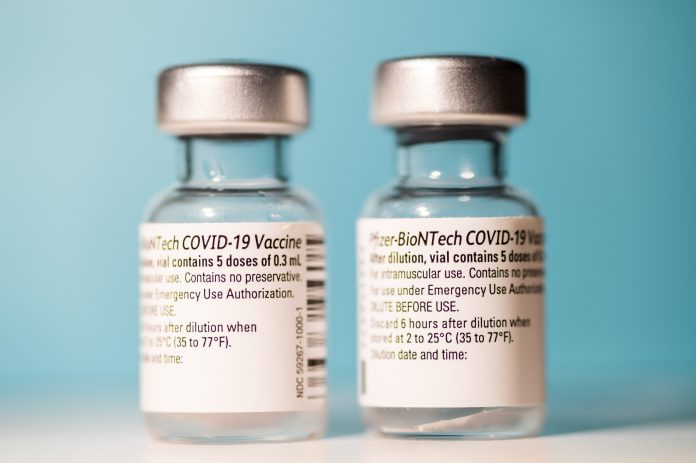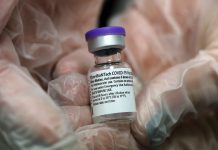Pfizer could make their COVID vaccine available to 12-year-olds in Europe from June, after clinical trials in March showed 100% efficiency for those aged 12 to 15
Pfizer have already filed for Emergency Use in the US, and are expected to file their EU application next Wednesday to the European Medicines Agency (EMA).
Adolescents are the next priority for vaccination, once all adults have been given the jab. While adults are more at risk of death and hospitalisation, it is younger people who can still transmit the virus between communities – unless they are also vaccinated.
At this point, new variants and extra mutations are coming to light regularly. COVID is working to survive, especially powerfully in countries that lack vaccine access right now.
The Pfizer trials on children showed promise
In a trial involving 2,260 adolescents of that age in the US, there were no cases of the virus in the group vaccinated with both doses of the vaccine. The young adolescents showed “strong immunogenicity” one month after their second dose.
The trial was 100% successful at preventing COVID-19 in this age group.
This is good news for disadvantaged children who are experiencing a delay to their educational and social development – they would be able to go to school without fear of bringing the virus home to vulnerable families. In the UK, the attainment gap between disadvantaged children and their peers has grown by 36%, over the last year of remote working time alone.
The need for more vaccines increases
In the US, Pfizer is already approved to be given to those 16 and over. The company expect to file similar use authorisations globally.
The company also suggested that a third dose could be required as early as six months after the second, to keep antibody levels high enough to stop COVID-19. With new variants circulating, the vaccines must be constantly administered at their highest level of efficacy to prevent transmission of increasingly more infectious viruses.
The question remaining, is how will anti-vaccination movements respond to the need to mass inoculate children? There is a bourgeoning level of vaccine hesitancy and suspicion for adults, who are significantly more at general risk. When it comes to the child population, will there be a fresh battle between health departments and families across the EU and US?














